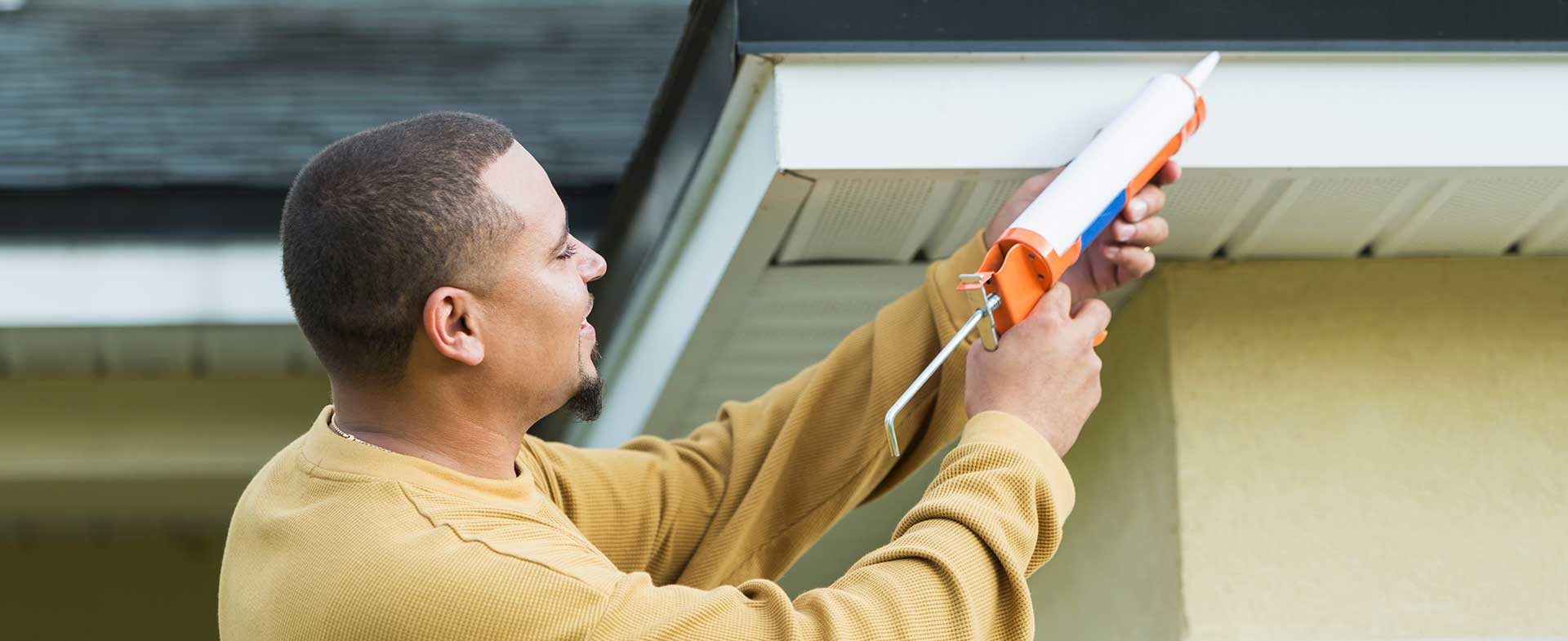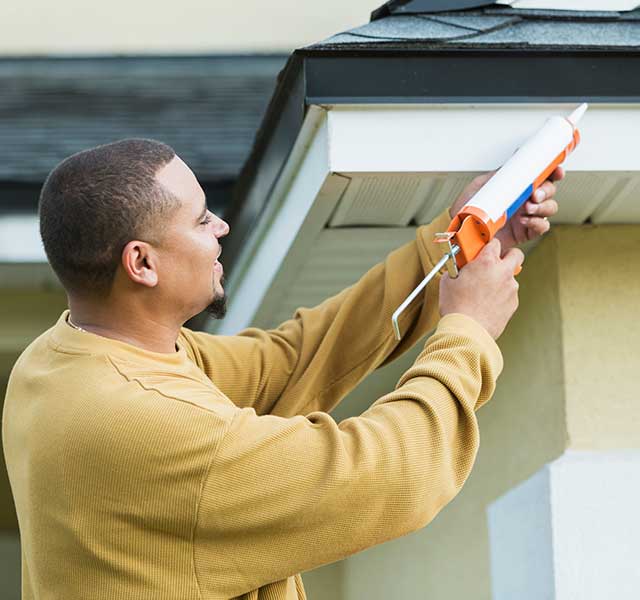Build new bookshelves, clean the gutters and paint the bedroom. Does this list sound familiar? Before winter arrives, you may be planning some do-it-yourself (DIY) projects around your home. While there are many benefits to home improvement projects, be sure to take steps to avoid injuries.
“You can boost both your mental and physical health when you work around your home. You are being physically active. And you can enjoy the satisfaction of completing a task and improving your surroundings,” says Lisa Simpson, BSN, RN, a nurse and trauma program manager at Henry Ford Health. “But if something goes wrong, you could be seriously injured. That’s why you need to plan ahead to stay safe.”
Learn about dangers to avoid, how to prepare for a safe DIY project and when it's best to call an expert.
Beware Of These Common Home Improvement Injuries
You may be enthusiastic to get started on a DIY project. But be aware of the dangers that may await you. “Injuries can happen quickly — one moment you’re working on a task, and the next you’ve been seriously hurt,” says Simpson.
Common injuries from home improvement include:
- Burns from chemicals or other materials that catch fire
- Broken bones from a fall off a ladder or a high platform
- Cuts from sharp tools or other objects
- Concussions and other head injuries from a fall or collision
- Dehydration from working for long periods without drinking enough liquids
- Difficulty breathing after inhaling smoke, dust or toxic chemicals
- Electrical shocks from live wires
- Heatstroke and sunburns from overexposure to the sun and hot temperatures
- Joint or muscle pain from overexertion
- Lead poisoning from old paint
Tips For Staying Safe As You DIY
When it comes to DIY projects, your first step should be to plan ahead. Watch the weather and avoid working in a storm or extreme temperatures. Keep pets and children away from your workspace if necessary.
Simpson’s other tips for a successful and safe project include:
- Avoid distractions: Many accidents occur when people are distracted or rushed. Stay focused on your task. Pace yourself by breaking your project into manageable steps.
- Be prepared: Keep a fire extinguisher and first aid kit handy. Read all instructions for any tools you plan to use. Don’t forget to sharpen tools. You are more likely to injure yourself with a dull blade or drill bit than a sharp one.
- Don’t work alone: For bigger projects, add an extra layer of safety by tackling tasks with at least one other person. It is often helpful to have a second person assist you when using power tools, painting or lifting heavier items.
- Maximize air flow: When working with paint or other toxic chemicals, be sure to work in a well-ventilated area. Avoid inhaling toxic substances or dust. When possible, block off areas of your home to prevent debris from spreading.
- Protect yourself: Wear protective goggles, masks, gloves, and sturdy clothes and shoes. Heading out into the sun? Don’t forget to wear sunscreen and a hat. And remember to drink plenty of liquids to stay hydrated throughout the day.
- Shut off the power: If you are doing a minor electrical repair, remember to first turn off the power to the area where you are working.
- Use ladders safely: Choose a sturdy ladder that is the right size for the project. To avoid a fall, don’t step on the top two rungs. And have someone hold the ladder while you work.
Know When To Call An Expert
“Before starting a project, be realistic about your own skills and limits. Do you have the knowledge and ability to complete the task, or do you need expert advice and services?” says Simpson. “For example, if you live in an older home, have an inspector check for lead paint or asbestos before tackling any home renovations.”
Certain tasks are better left in the hands of experts. These include:
- Gas line repairs
- Major electrical work
- Roofing projects
- Removal of toxic substances or materials
- Surveys to locate gas and electrical lines
Before the cold weather sets in, go ahead and plan your DIY projects. Just remember to follow the safety tips and get expert help when you need it. Then enjoy the process as you work and marvel at the results.
Subscribe today to receive our weekly emails of our latest tips.
If you do get injured while working on a home improvement project, you can find urgent and emergency care through Henry Ford's Get Care Now app.
To schedule an appointment with a primary care physician at Henry Ford, visit henryford.com or call 1-800-436-7936.
Lisa Simpson, BSN, RN, is the trauma program manager at Henry Ford Wyandotte Hospital.



